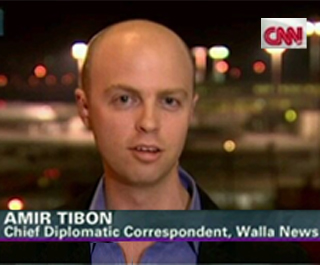APN in Southern California is a co-sponsor of the following breakfast program to be held on Wednesday, February 4:
Nice or Necessary? Jewish-Arab People-to-People Programs

Breakfast Program with Joel Braunold, U.S. Director of the Alliance for Middle East Peace (ALLMEP)
Wednesday, February 4, 2015, 8:00 a.m.
Lenny's Deli (back room)
2379 Westwood Blvd., Los Angeles (at Pico)
Bagel Breakfast: $15 (pay at door)
RSVP to apnwest@peacenow.org
or 323-934-3480
Sponsors: Americans for Peace Now, American Friends of Neve Shalom Wahat al Salaam, J Street, Partners for
Progressive Israel
==================================
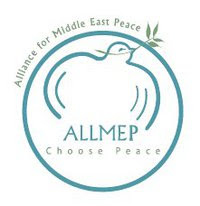 The Alliance for Middle East Peace (ALLMEP) is a network of
organizations that seek to build a secure just and sustainable peace, and conduct civil society work in conflict
transformation, development, coexistence and cooperative activities on the ground in the Middle East among
Israelis, Palestinians, Arabs, and Jews.
The Alliance for Middle East Peace (ALLMEP) is a network of
organizations that seek to build a secure just and sustainable peace, and conduct civil society work in conflict
transformation, development, coexistence and cooperative activities on the ground in the Middle East among
Israelis, Palestinians, Arabs, and Jews.
There are more than 80 member organizations in ALLMEP, including the Arab-Jewish Village Neve Shalom/Wahat
al-Salam and the bilingual and multicultural Hand in Hand schools, the Jerusalem one recently
attacked in a hate crime.
Joel Braunold is the U.S. Director of ALLMEP, after having previously served in leadership roles
in London and New York at the ALLMEP member organization PeaceWorks Foundation/OneVoice Movement. He has received
the Avi Schaefer Peace Innovation Prize, and his insightful analysis on the Israeli-Palestinian conflict has been
published by national and international media outlets, including Ha'aretz.com, the New York Daily News, the
Guardian, the Huffington Post and the Daily Beast.
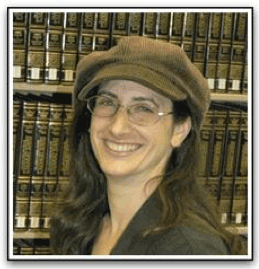
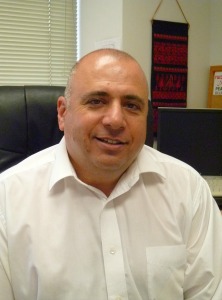
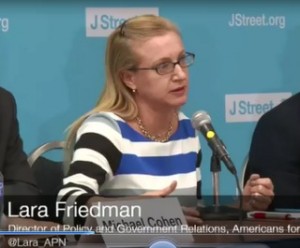 There were only a handful of Israeli settlers beyond the Green Line in 1968, when Lyndon Johnson
became the first American president to express opposition to settlements in the West Bank. Now, despite protest
from every subsequent administration, there are more than 350,000 Israelis living in the West Bank and 200,000
in East Jerusalem. President Johnson’s prediction that settlements would “prejudice a peace settlement” has come
true, as the dramatic rise of the settler movement—in both numbers and political power—has complicated repeated
efforts to achieve a two-state solution.
There were only a handful of Israeli settlers beyond the Green Line in 1968, when Lyndon Johnson
became the first American president to express opposition to settlements in the West Bank. Now, despite protest
from every subsequent administration, there are more than 350,000 Israelis living in the West Bank and 200,000
in East Jerusalem. President Johnson’s prediction that settlements would “prejudice a peace settlement” has come
true, as the dramatic rise of the settler movement—in both numbers and political power—has complicated repeated
efforts to achieve a two-state solution.
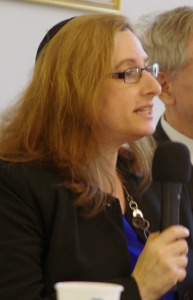
 On Thursday, March 5th, Yossi Alpher will be in Washington DC promoting his new book,
Periphery: Israel's Search for Middle East Allies. APN is hosting a brown-bag lunch – you provide the
lunch, we provide the hamantaschen – Yes, the 5th happens to be Purim!
On Thursday, March 5th, Yossi Alpher will be in Washington DC promoting his new book,
Periphery: Israel's Search for Middle East Allies. APN is hosting a brown-bag lunch – you provide the
lunch, we provide the hamantaschen – Yes, the 5th happens to be Purim!